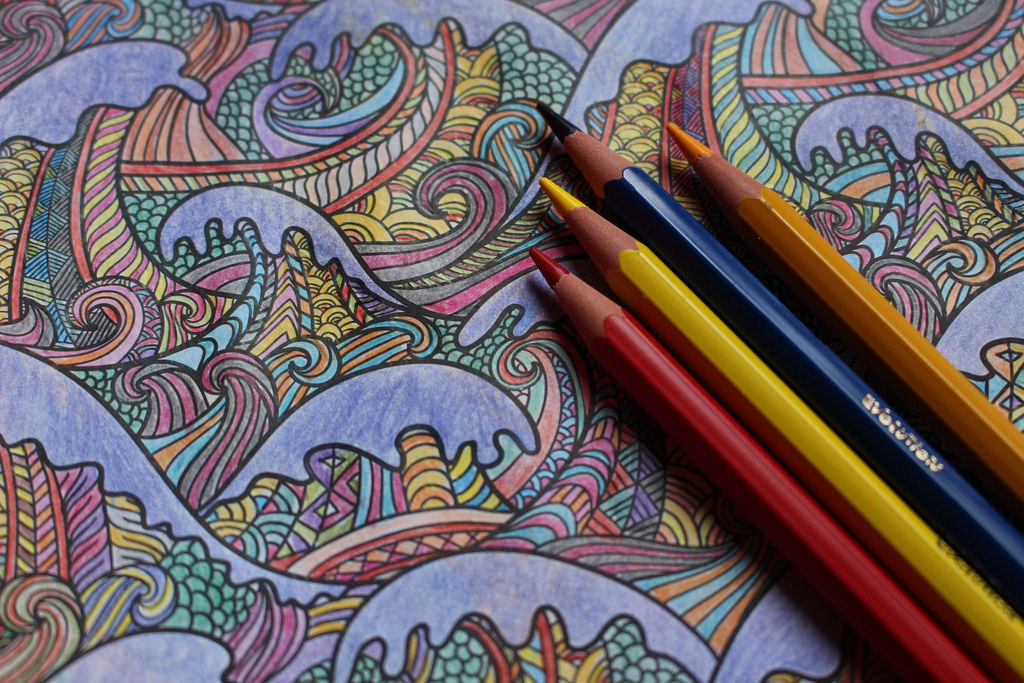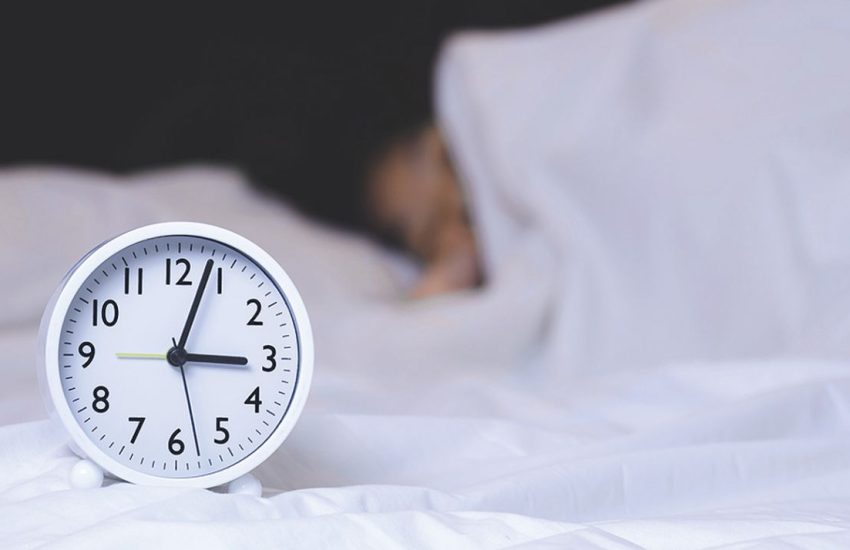Recovery Aid: How To Speed Up Physical & Mental Healing
When an animal is sick, they head back to their nest, lair, or den to sleep their injury off, taking all the time that they need to heal. We’re not animals, but we can learn from their behavior. Far too many people push themselves to get back on their feet too quickly after illness or injury. There might be chores to complete and bills to pay, but rushing back to daily life too soon can have a negative impact on a person’s recovery.
The being said, researchers have identified steps that can help to speed up recovery times without pushing the mind and body too hard. While it’s not recommended that healing is rushed, speeding up the process in a safe way, can be beneficial. To speed up the healing process for physical and mental healing, below are some recovery aiding strategies to take note of and implement in day to day life.
Hacks for physical healing:
Sleep more: Adequate sleep is a must, especially when the body is healing. When the body is healing, it needs at least eight to nine hours of sleep per night. Did you know that during the first two hours of sleep, the body experiences a spike in a hormone which is vital for physical healing? The fact is that to speed up healing, sleep is vital, which is why medical professionals always advise resting when healing because sleep really does speed up the process
Get expert help: You can help your healing along by having a professional on your side. There are several people who might be able to help you heal, including a physiotherapist, a massage therapist, or a chiropractor. Chiropractors can help you with more than just back pain. They are able to assist with joint problems, muscle aches or anything to do with the musculoskeletal system. Their treatments and chiropractic adjustments are designed to get your whole body working as it should. But ensuring your spine is aligned, it can relieve pressure in other areas of your body. Of course, you might also have a general practitioner, family doctor or other medical professionals who are helping you to heal too.
.
Exercise gently: Studies have suggested that incorporating some gentle exercise can help to speed up the healing process. Whether it’s walking, swimming, or meditation-based exercise like yoga, research shows that it can help encourage the body to heal. Yoga, for instance, improves circulation and reduces stress, promoting faster healing.
Pack your diet with immune-boosting foods: The immune system plays a crucial part in the healing process, which is why eating plenty of immune boosting foods, like berries, vegetables, and lean meats and fish, is advisable.
Get the right support:
If you’re in a position where your body is struggling to heal then the best thing that you can do is to get the right direct support. This could be physical therapists, accident doctors, or simply the people in your life.
Mental health healing tips:
Reduce your stress levels: Stress can impede the body’s ability to heal, which is why reducing stress is so vital when it comes to speeding up healing. Yoga and other forms of gentle exercise can help with this, as discussed above, but what other steps can be taken? The main cause of stress is often money, which is why a lot of people use their recovery time to work with a specialist lawyer like David Chermol, to determine if they have a case for a lawsuit or the ability to get special benefits. Reducing any stress can aid the mental (and physical) healing process, which is why it’s so vital to take steps to do so.
Stimulate the mind: Resting may be vital for recovering from accident or illness, but boredom is not. In fact, studies have shown that stimulating the mind and keeping thoughts off of the injury or illness that is being suffered from, can speed up mental healing. Think reading, adult coloring, crossword puzzles – anything that stimulates the mind is ideal. Focusing on the injury or illness won’t aid mental healing. Instead, it can lead to feelings of anger, anxiety, and depression.
There you have it, a guide to aiding physical and mental recovery and speeding up the process without additional strain.
- Why You Should Form a Nonprofit Organization - July 1, 2024
- Can You Bring Your Business A Little More Success? - June 27, 2024
- Adventure Travel: 3 Places to See - April 22, 2024



